On November 19, 2009, conference participants gathered in a featureless office building in a suburb outside Washington DC. There was no sign outside the building. People appearing in the hallway included political scientist Charles Gati and retired blogger Eva S. Balogh (deceased in 2021), former dean of a Yale University college. (Their attendance is also confirmed by saved email messages.) Central Europe was the theme of the one-day symposium, and in the top two corners of the printed program the Central Intelligence Agency (CIA) and the US State Department's Bureau of Intelligence and Research were named as organizers. (Gati's wife, Toby Gati, headed the latter during the Clinton administration in the 1990s.)
At the conference, the situation in Hungary was also discussed, in the context that Fidesz will come to government in 2010, which was obvious to everyone. They looked at the policies of Jobbik and Fidesz, as well as the financing background of the former. By this time, Americans already started to worry about the rise of both parties, albeit for different reasons.
While maintaining our long-standing policy of not associating with Jobbik, we will be watching closely as the European Parliament election campaign continues to unfold in the spring
as reported to Washington in a classified cable on February 2, 2009 by then US Ambassador in Budapest April Foley, who also sketched a portrait of Jobbik chief Gabor Vona for the Washington officials. There was no talk of a "second reform era" at the time. (What a long way to go from the US perception of Jobbik at the time to the invitation of current Jobbik chief Marton Gyongyosi to Seder dinner at the US ambassador's residence in Budapest! Jobbik is no longer seen as a dangerous factor, but as a bunch of useful idiots squeezed in between leftist-liberal opposition politicians.) Jobbik was also mentioned in a later cable in which Charge d'Affaires/Deputy Chief of Mission Jeffrey Levine proposed agenda points for then-Vice President Joe Biden for his White House meeting with then-Prime Minister Gordon Bajnai on December 4, 2009.


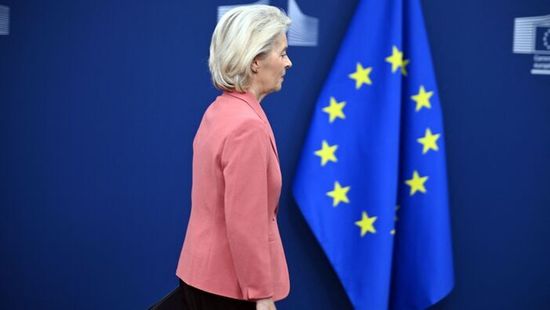
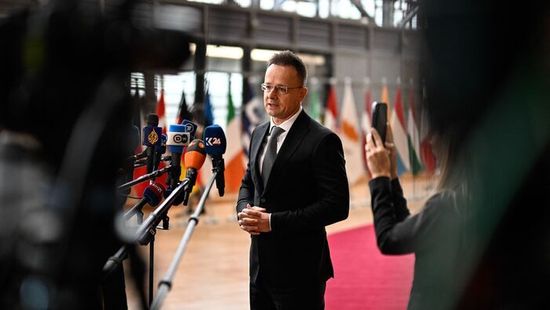
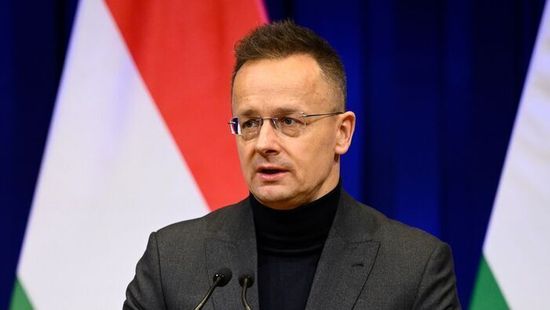



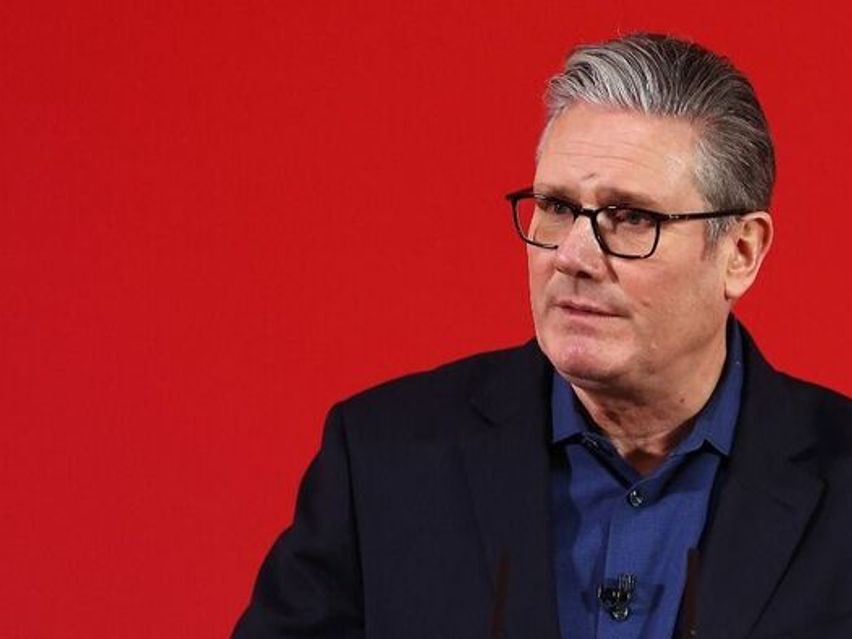
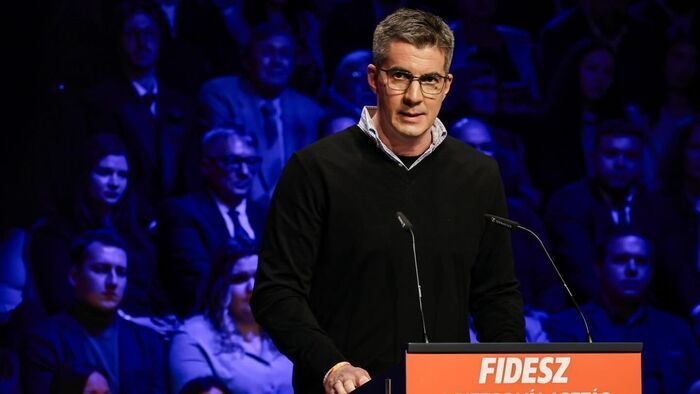


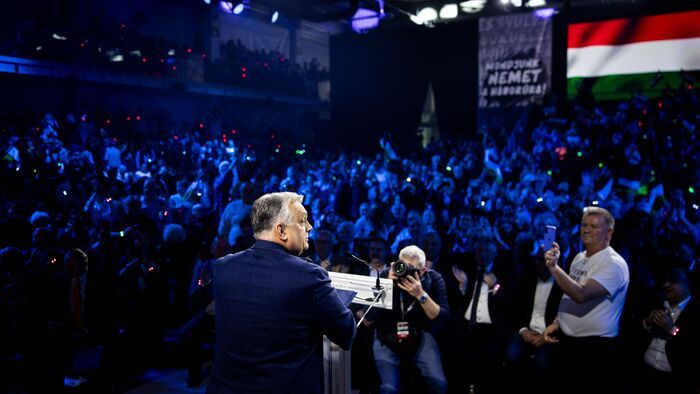



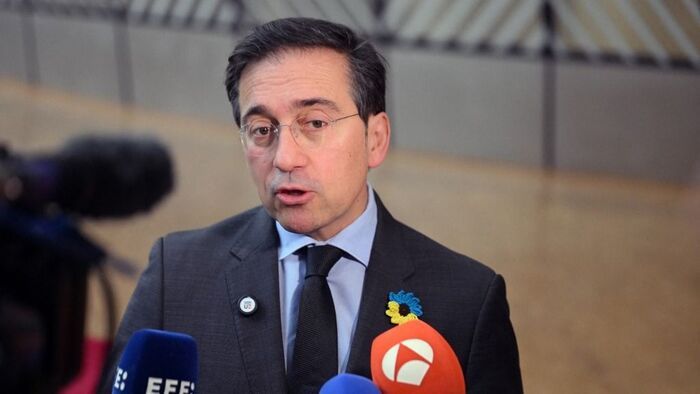





Szóljon hozzá!
Jelenleg csak a hozzászólások egy kis részét látja. Hozzászóláshoz és a további kommentek megtekintéséhez lépjen be, vagy regisztráljon!